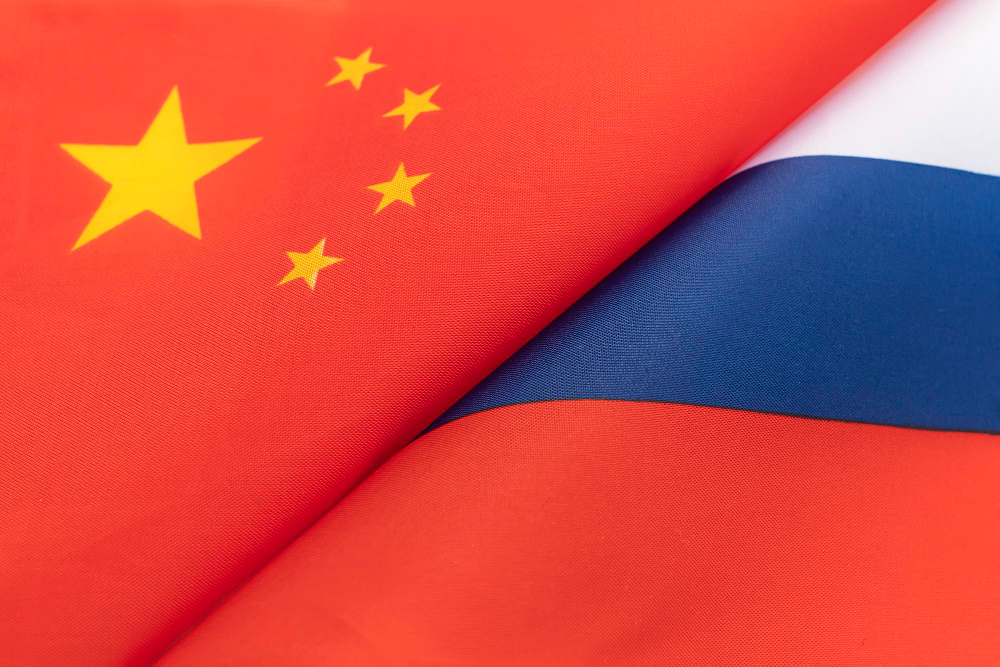A CHINESE TRIBUTARY?
On February 24, 2022, Russia delivered a major geopolitical shock to the European continent by launching a full-scale invasion of Ukraine, thereby starting the largest armed conflict in Europe since the Second World War. But Europe was not the only region where geopolitics shifted profoundly as a result of President Vladimir Putin’s fateful decision to attack Ukraine. On the other side of the vast Eurasian landmass, in East Asia, massive Western sanctions gave rise to an unprecedented Russian dependence on China. While sanctions were meant to economically destabilize Russia and to hamper its war effort in Ukraine, they unintentionally greatly accelerated Moscow’s “turn to the East” (povorot na Vostok) and took it much farther than the Kremlin had ever intended.
While the Kremlin and its Chinese counterpart, Zhongnanhai, have referred to this new reality within the framework of a strategic partnership, which mere weeks before the invasion was announced to have “no limits,” outside of Russia and China analysts have used less flattering descriptors of Sino-Russian relations that emphasize the substantial asymmetries between both parties. A common phrase to describe Russia’s relationship with China is as a “junior partner,” while some have gone further by calling Russia a Chinese “vassal” or even a potential “economic colony of China.” But how dependent is Russia really on China and what leverage does this give Beijing over Moscow? To what extent does the Kremlin see this as a problem to address? And what implications does this have for Western policymakers?
About the author:
Kaspar Pucek is a Research Fellow within the Security Unit and the Russia & Eastern Europe Centre (CREEC) at the Clingendael Institute. His research focuses on the political economy, politics, and geopolitics of Russia and the wider former Soviet bloc, as well as on Sino-Russian relations


